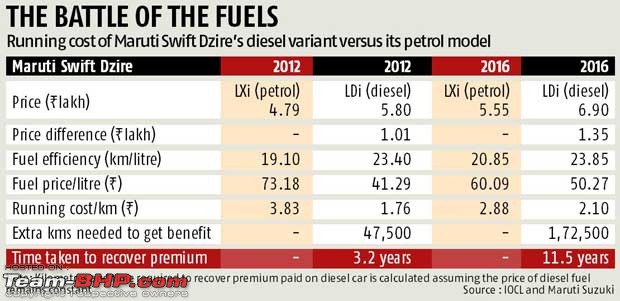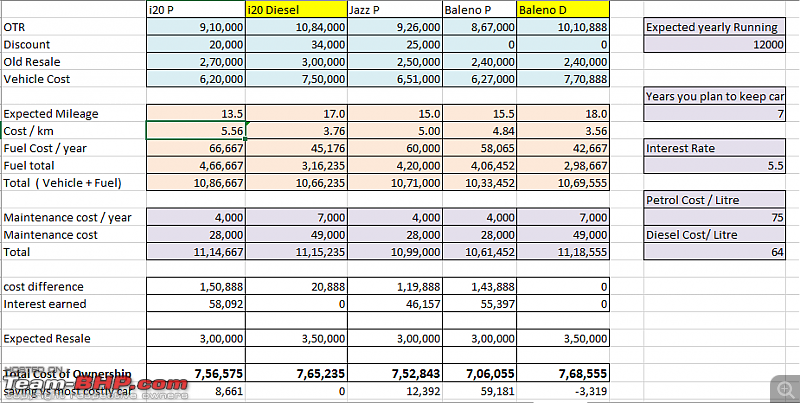| | #406 |
| BHPian Join Date: Jun 2010 Location: New Delhi
Posts: 228
Thanked: 289 Times
| |
| |  (2)
Thanks (2)
Thanks
|
| |
| | #407 |
| Distinguished - BHPian  | |
| |  (2)
Thanks (2)
Thanks
|
| | #408 |
| BHPian Join Date: Jun 2010 Location: New Delhi
Posts: 228
Thanked: 289 Times
| |
| |  (1)
Thanks (1)
Thanks
|
| | #409 |
| BHPian Join Date: Jan 2014 Location: -
Posts: 764
Thanked: 1,542 Times
| |
| |  (16)
Thanks (16)
Thanks
|
| | #410 |
| BHPian Join Date: Sep 2012 Location: Bangalore
Posts: 888
Thanked: 981 Times
| |
| |
| | #411 |
| Distinguished - BHPian  | |
| |  (9)
Thanks (9)
Thanks
|
| | #412 |
| BHPian | |
| |
| | #413 |
| Senior - BHPian | |
| |  (1)
Thanks (1)
Thanks
|
| | #414 |
| BHPian Join Date: Dec 2007 Location: Pune
Posts: 125
Thanked: 57 Times
| |
| |  (1)
Thanks (1)
Thanks
|
| | #415 |
| BANNED Join Date: Apr 2008 Location: Bangalore
Posts: 11,368
Thanked: 23,140 Times
Infractions: 0/2 (8) | |
| |  (2)
Thanks (2)
Thanks
|
| | #416 |
| Senior - BHPian Join Date: Nov 2015 Location: Mumbai
Posts: 1,223
Thanked: 3,790 Times
| |
| |
| |
| | #417 |
| Team-BHP Support  Join Date: Jul 2010 Location: Bangalore
Posts: 5,877
Thanked: 24,039 Times
| |
| |  (1)
Thanks (1)
Thanks
|
| | #418 |
| BHPian Join Date: Sep 2012 Location: Bangalore
Posts: 888
Thanked: 981 Times
| |
| |  (1)
Thanks (1)
Thanks
|
| | #419 |
| Senior - BHPian | |
| |
| | #420 |
| Distinguished - BHPian  Join Date: Sep 2010 Location: Liverpool/Delhi
Posts: 5,439
Thanked: 7,539 Times
| |
| |  (1)
Thanks (1)
Thanks
|
 |








